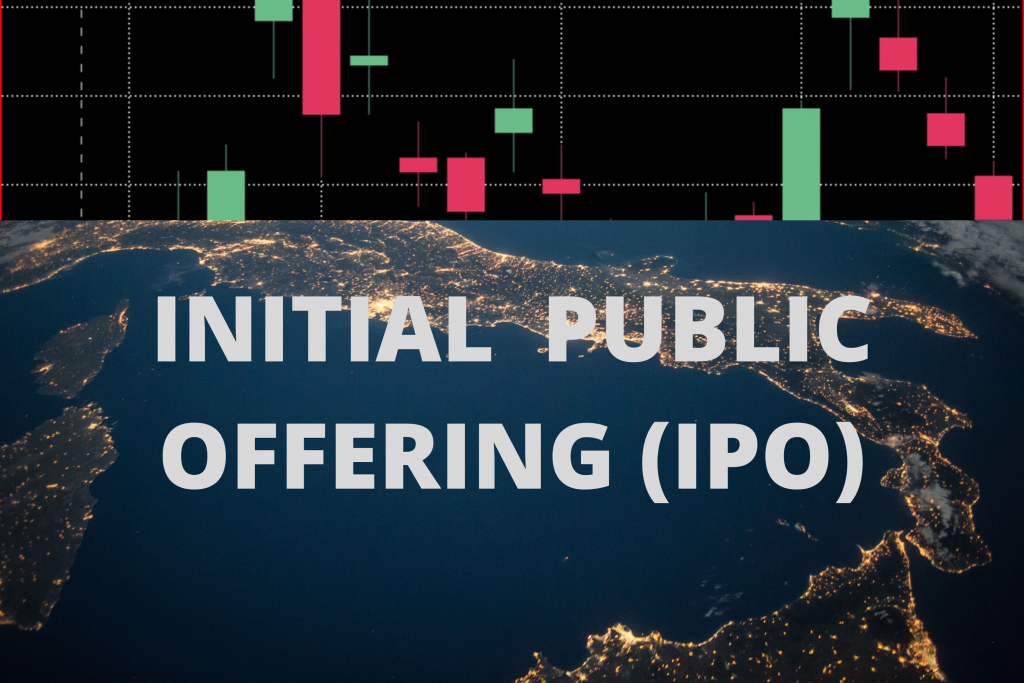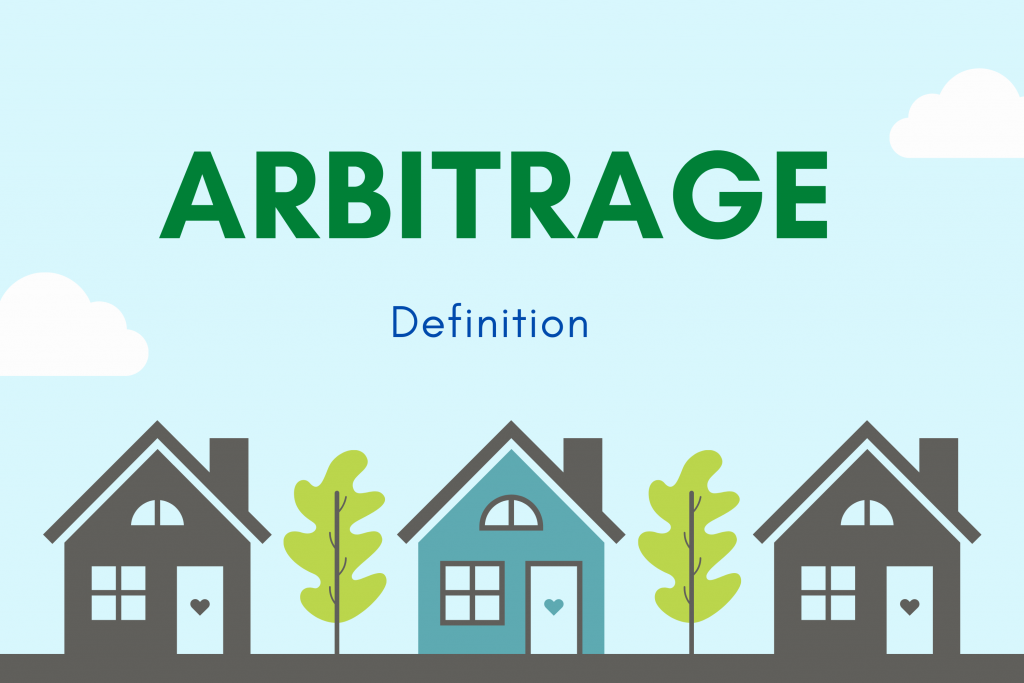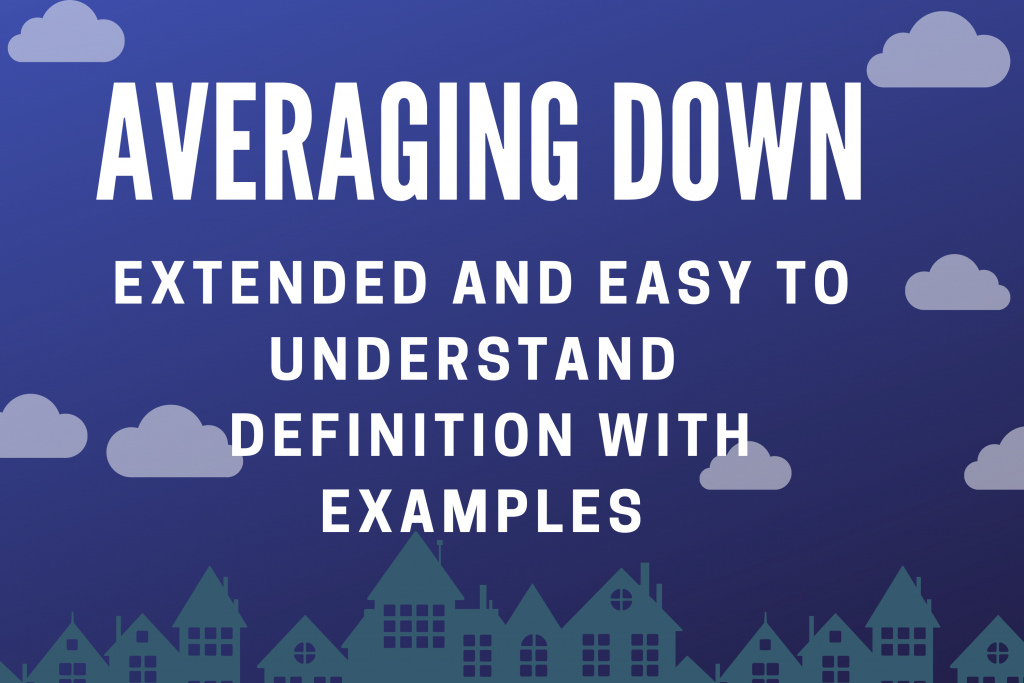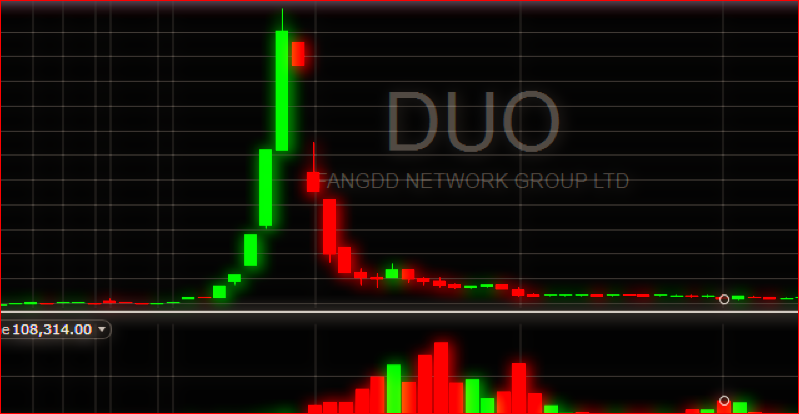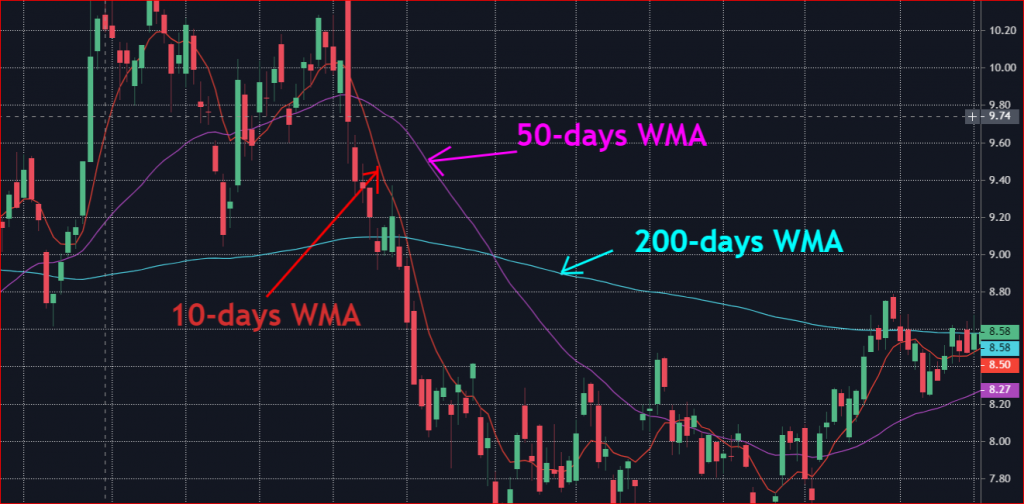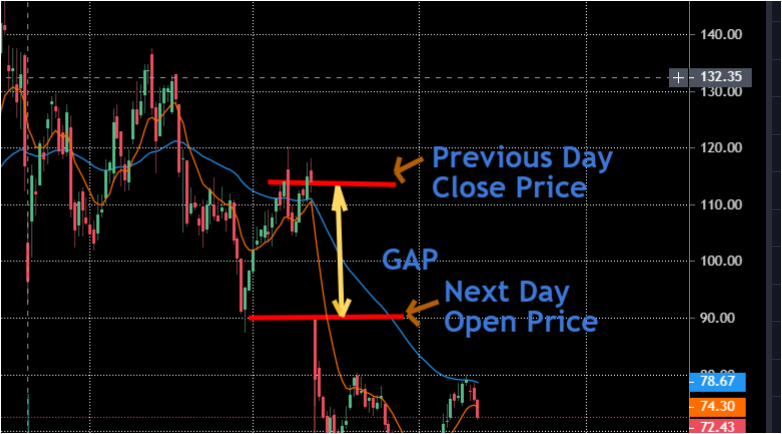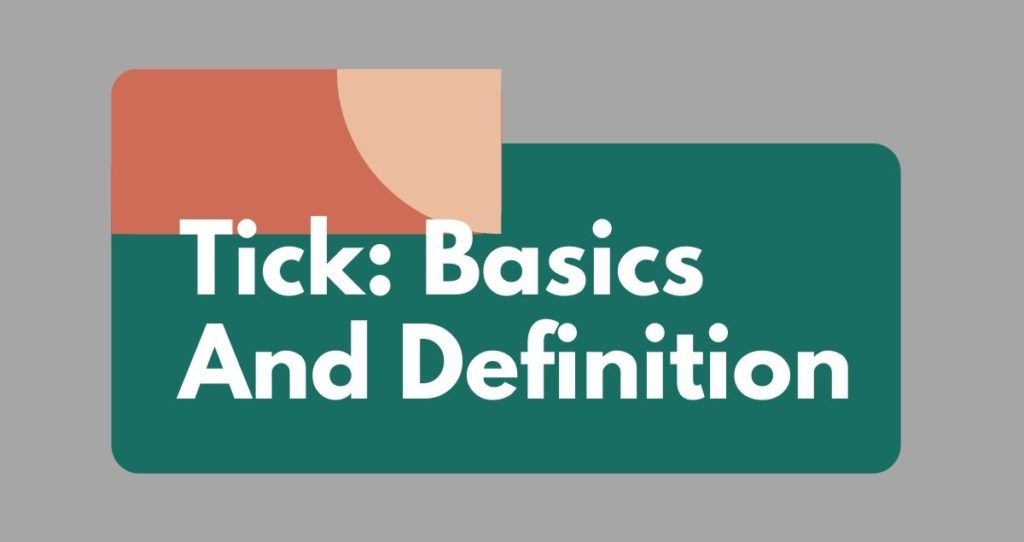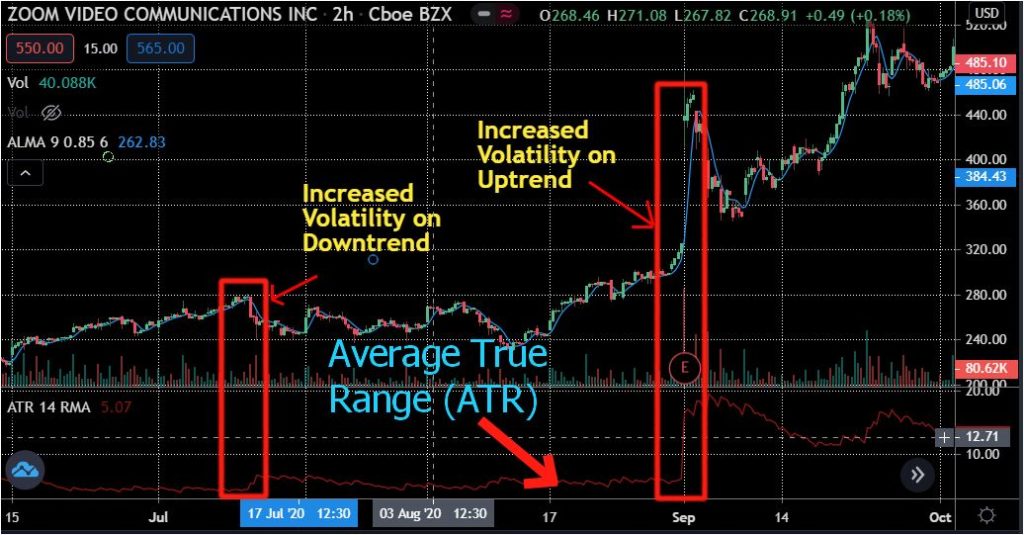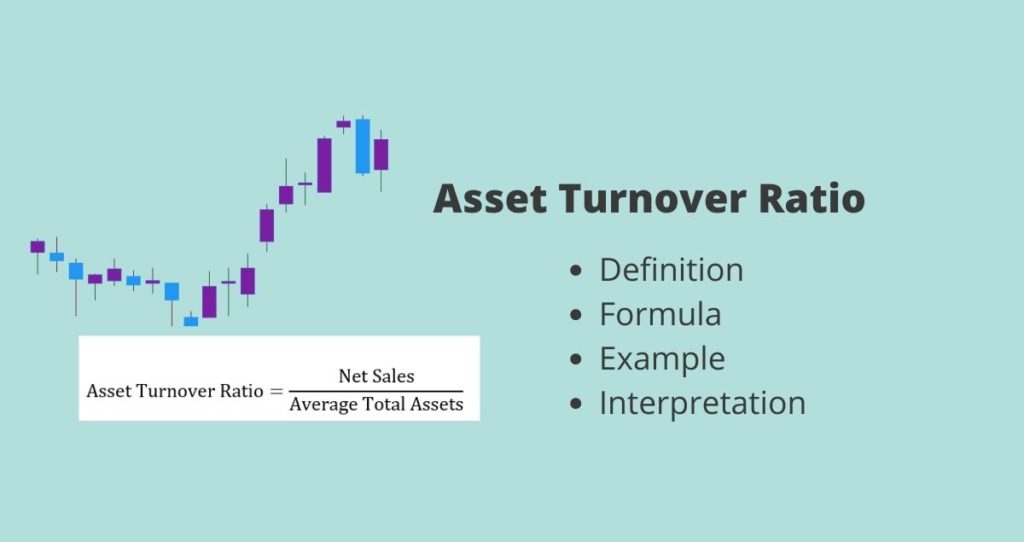What is an IPO?
An initial public offering also known as IPO in short is a process in which a private company becomes public by offering its shares to be traded on stock exchanges. Start-ups and old companies go public in order to raise a lot of money in a very short time.
How does an initial public offering works?
The IPO is the process that changes a private company into a public one. By going public, a company will have a chance to raise a lot of money quickly and accelerates its growth or expansion. However, there are some dangers that could follow the IPO depending on investors’ sentiment about the company.
Before the IPO all companies are private. This means that they are not listed at any exchange and retail investors cannot buy shares in the company.
At some point, a private company will realize that it needs a lot of equity for expansion and meet the demand. For example, a car start-up will need billions of dollars to build manufacturing plants, research facilities, etc.
Unfortunately, it is hard to raise this money only from private investors. As a result, the company can decide to go public and offer its shares to the public in order to raise this money faster.
Once the company decides to go public, it will have one or a few institutional banks as underwriters. Underwriters are big investment banks or investment institutions that negotiate the price at which the shares will be listed for when the company goes public.
In short, the company that wants to go public will sell a percentage of its value to these investment banks at a negotiated price. These banks and investment institutions will pay the negotiated price hoping to sell them for more in the public market.
The underwriter will provide liquidity in the market by selling all or some of the shares they bought in the pre-IPO process.
Depending on investors’ sentiments about the company, you could see the company’s share price flying to the moon or tanking right after the IPO.
Usually, there is high volatility in the price after the IPO. Since there is no historical performance of the stock, some investors don’t like holding the stock for a while. This is because they don’t know where the stock will go and it is hard to use technical analysis on the stock without enough data.
This sentiment and pressure increase the volatility of the stock. From this time onward, the stock continues to trade on the stock exchanges.
Benefits of IPO
- IPO increases the credibility of the company
- Fast advertisement for the company. During the IPO almost everyone is talking about the company.
- The company can use stocks to pay employees
- The company will raise the money it needs through IPO
- Some shareholders can found a chance to leave the company with a lot of money.
Disadvantages of IPO
- The company will have to deal with market volatility. As the share price moves up and down, it will affect the company valuation.
- Public companies are run differently than private ones. The company will have to deal with more regulations and disclosures than it had when it was private. For example, the company will need a board of directors. In addition, all financial reports and other data about the company must be made available to the public for everyone to see.
- Founders can lose control of their company. Once the company goes public, everyone’s money is at a stake.
- There will be charges and fees related to IPO especially the ones charged by the underwriter. According to PWC, the underwriter fee is between 4-7% of the total proceeds. On top of that fee, there are another $4.2 million of offering costs directly related to IPO.
